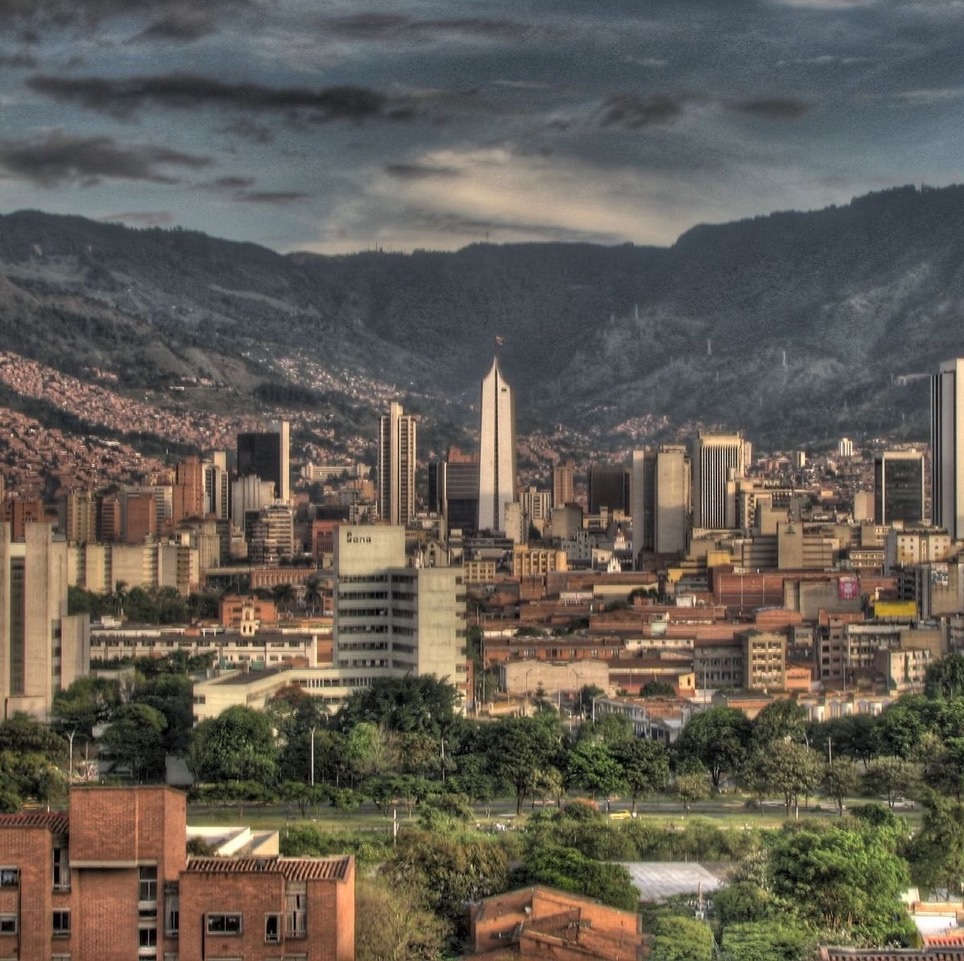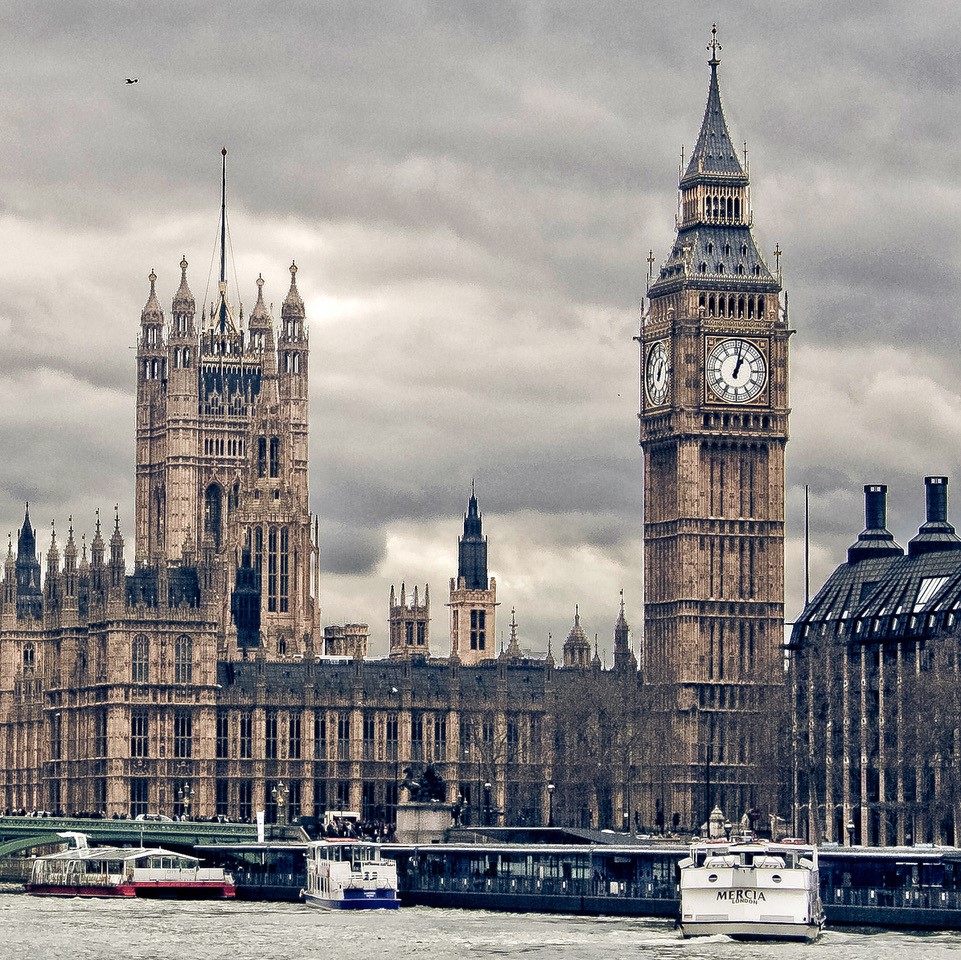New article
Angela Bellia National Research Council of Italy
26 February 2019
European research funding is unevenly distributed. The success of Horizon Europe hinges on how it overcomes geopolitical differences that have created this inequality, including recognising diverse contributions and widening participation.
Jana Rodriguez Hertz Southern University of Science and Technology
1 October 2018
Maria Emilia is a Latin American scientist, but her chance of being admitted to the National Academy is much lower compared to her male colleagues. What are the main challanges women in science face in Latin America and the Caribbean? And what policies should support them?
Stephanie Mathisen Sense about Science
23 April 2018
Show your workings! Why transparency in the evidence used in policymaking matters, and why the public care to know. With a clear chain of reasoning and meaningful transparency, trust can be built between the government and the public, on matters that affect us all.
Mariam Adil World Bank Group
21 March 2017
How can gaming inspire positive social change?



















